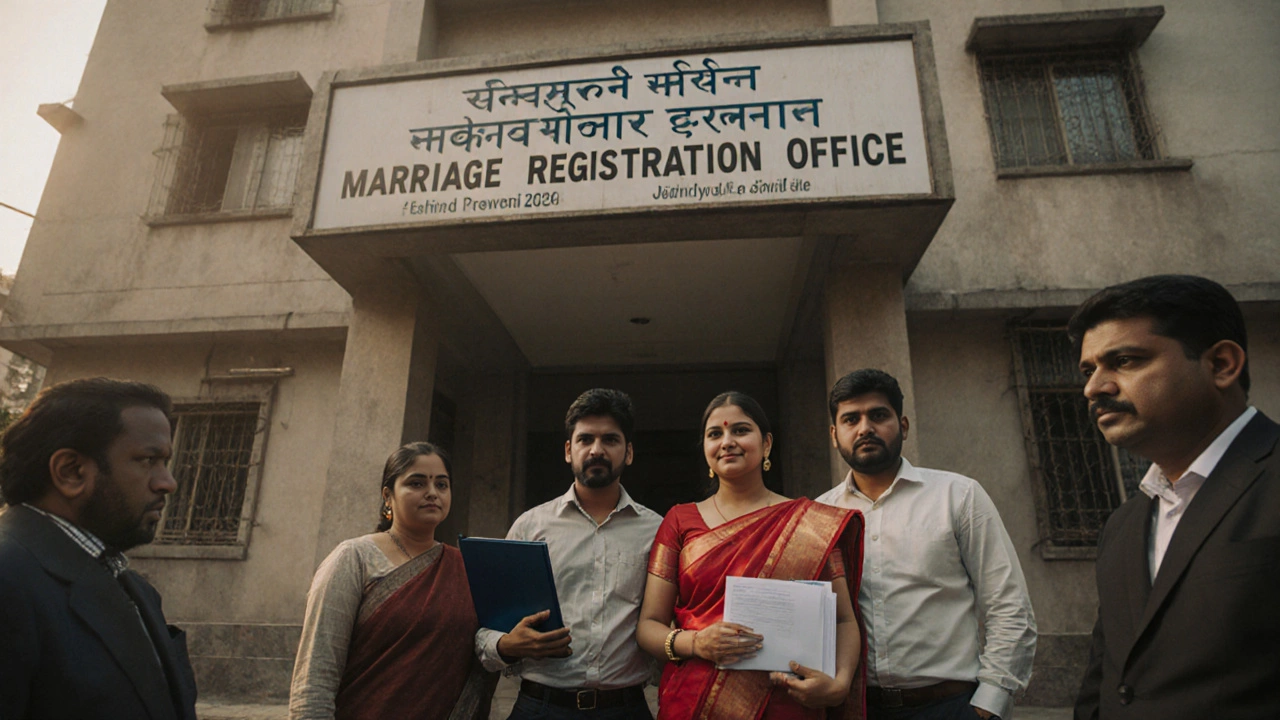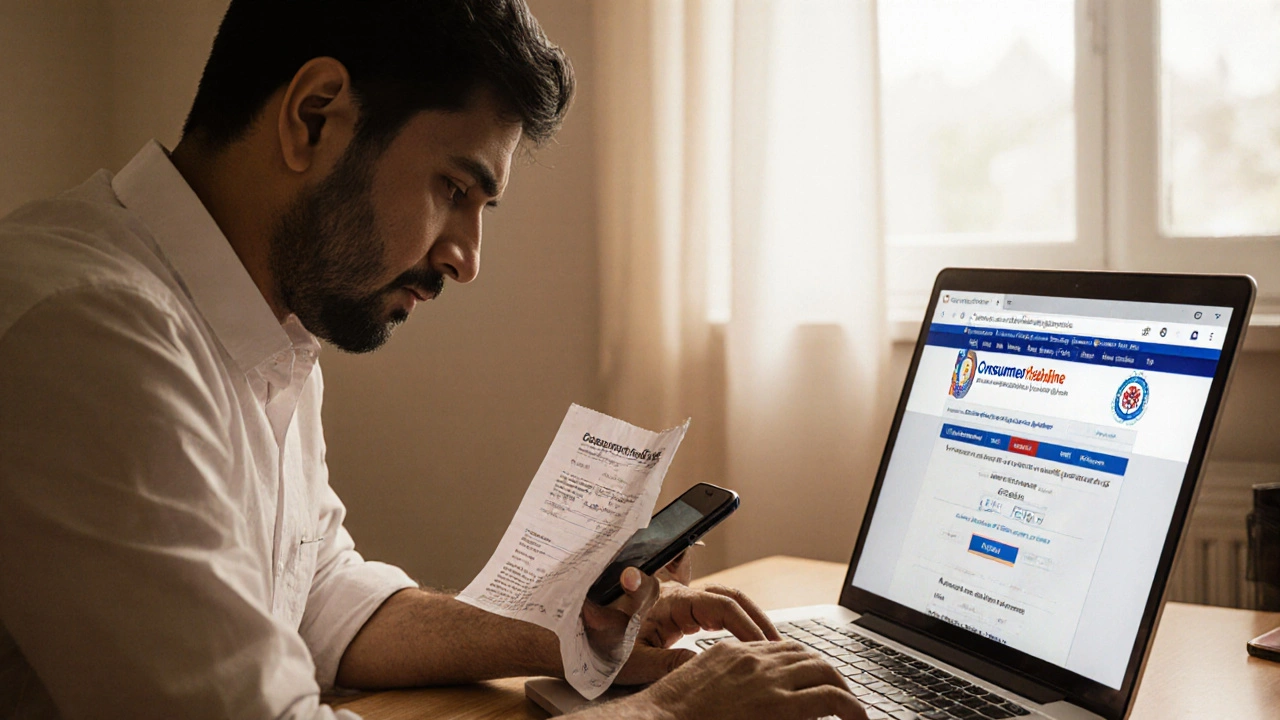Bharat Digital Academy of Law - Page 2

Has Anyone Ever Beaten a Rico Charge? Real Cases and How It’s Done
People have beaten RICO charges by breaking the pattern of crimes, challenging the existence of a criminal enterprise, and exploiting legal loopholes. Real cases show it’s possible - but only with the right defense.

Does a Wife Have Rights to Her Husband's Salary in India?
In India, a wife doesn't own her husband's salary, but she has strong legal rights to financial support during and after divorce. Courts award maintenance based on income, lifestyle, and sacrifice - not just earnings.

Is it mandatory to live separately for divorce in India? Here's what the law actually says
You don't need to live apart to get a divorce in India. The law focuses on whether your marriage has broken down, not where you sleep. Learn what really matters for divorce under Indian law.

What Is the Easiest Career in Criminal Justice?
Discover the easiest careers in criminal justice that don’t require a law degree or high-risk duties-like court clerk, corrections officer, and probation officer. Stable, safe, and accessible with minimal training.

Who Is Most Likely to Get Custody of a Child? Real Factors That Decide Child Custody in New Zealand
Who is most likely to get custody of a child? In New Zealand, custody isn't about gender-it's about who provides the most stable, loving, and consistent care. Learn the real factors courts consider and how to protect your child's best interests.

What Is a Civil Case? Simple Examples and How They Work
A civil case is a legal dispute between private parties over money, property, or rights. Learn what civil cases are, common examples like contract breaches and personal injury claims, and how they differ from criminal cases.

How to Register a Marriage in India: Step-by-Step Guide for 2025
Learn how to legally register your marriage in India in 2025 under the Special Marriage Act or Hindu Marriage Act. Step-by-step guide with required documents, fees, and common mistakes to avoid.

How Consumer Complaints Work in India: A Step-by-Step Guide for 2025
Learn how to file a consumer complaint in India in 2025-step by step, without a lawyer. Know your rights under the Consumer Protection Act, where to file, what compensation you can get, and how to avoid common mistakes.

Which Type of Lawyer Is Best for Your Situation?
There's no single best lawyer - the right one depends on your issue. For divorce, custody, or family disputes, a family law attorney is essential. Learn what they do, how to choose one, and when you need someone else.

What Is the Fastest Divorce in India? Understanding Speedy Divorce Options
The fastest divorce in India takes six months under mutual consent. Learn how it works, what documents you need, why contested divorces take years, and how to avoid common legal traps.

Who Is the Youngest Female Lawyer in India? Meet the Record Holder
Meet Arushi Gupta, the youngest female lawyer in India, enrolled at 17. Learn how she broke records in corporate law, what it takes to enter the field, and why young women are reshaping India’s legal landscape.

What is the Consumer Protection Act in India? A Simple Guide to Your Rights
The Consumer Protection Act in India gives you legal rights when you're cheated by sellers or service providers. Learn how to file a complaint, what relief you can get, and why this law matters more than ever in today's digital marketplace.